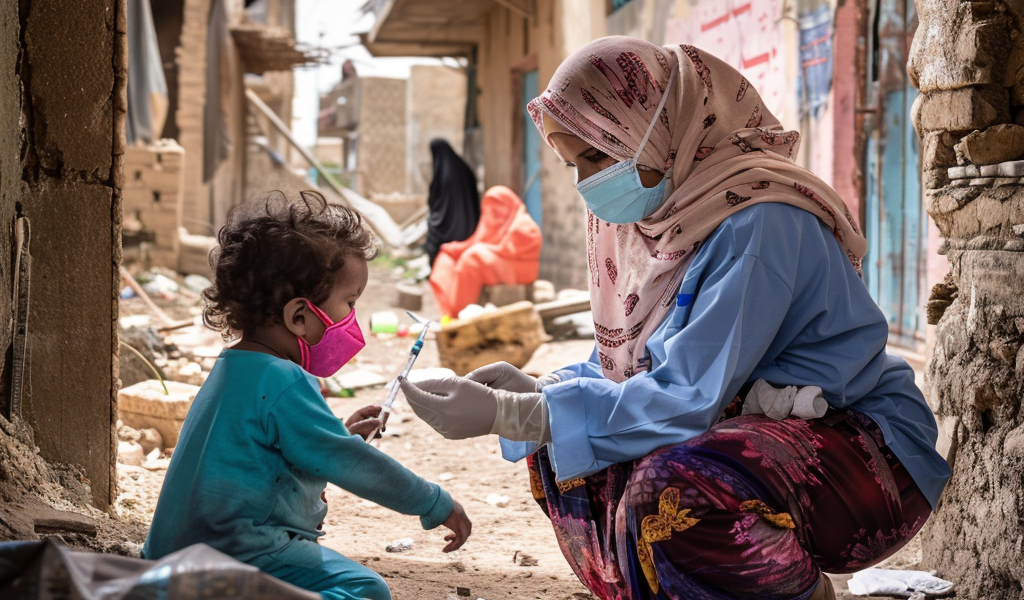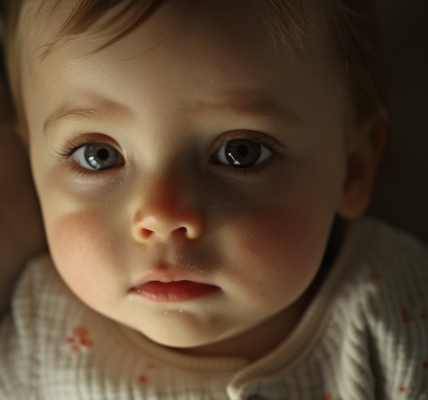The Global Polio Eradication Initiative (GPEI) has announced a significant delay in its timeline for the eradication of polio, extending its goals to 2029 due to ongoing global conflicts that have severely impacted vaccination efforts. Originally set to achieve eradication of wild poliovirus (WPV) by 2026, this target has now been postponed, reflecting the challenging circumstances in conflict-affected regions such as Gaza, Sudan, and Yemen.
The resurgence of polio in Gaza, where the disease had been eradicated for 25 years, underscores the severity of the situation. In June 2024, health officials identified the presence of circulating variant poliovirus type 2 (cVDPV2) in environmental samples, raising alarms about the potential for widespread outbreaks in the region. This alarming development has prompted the GPEI to reassess its strategies and timelines for achieving global polio eradication.
In light of these challenges, the GPEI is appealing for increased financial support to bolster its eradication efforts. The organization initially estimated a budget of $4.8 billion for the strategic period from 2022 to 2026. However, with the timeline now extended to 2029, the projected costs have risen to approximately $6.9 billion. Despite significant commitments from donors totaling $4.5 billion, a shortfall of $2.4 billion remains, highlighting the urgent need for additional funding to sustain vaccination campaigns and infrastructure improvements in affected areas.
The lack of robust health infrastructure in conflict zones is a critical factor contributing to the resurgence of polio and poses a significant barrier to effective vaccine distribution. In regions like Gaza, the ongoing violence and instability have hindered healthcare access, making it increasingly difficult to implement comprehensive vaccination programs. As a result, the GPEI is facing an uphill battle in its mission to eradicate polio globally.
In addition to financial challenges, the GPEI is also grappling with logistical difficulties in reaching populations in conflict-affected areas. The organization is working to adapt its strategies to ensure that vaccination efforts can continue despite the ongoing crises. This includes exploring innovative approaches to deliver vaccines and engage communities that may be resistant to vaccination due to fear or misinformation.
The GPEI’s revised timeline and funding requirements reflect the complexities of global health initiatives in the face of geopolitical instability. As the organization continues to navigate these challenges, the commitment to eradicate polio remains steadfast. The GPEI emphasizes the importance of collaboration between governments, international organizations, and local communities to overcome obstacles and achieve a polio-free world.
As the situation evolves, the GPEI is dedicated to monitoring the spread of poliovirus and adjusting its strategies accordingly. The organization is also working to raise awareness about the importance of vaccination in preventing polio and other vaccine-preventable diseases, particularly in regions where health services are under strain.
In conclusion, while the GPEI’s goals for polio eradication have been pushed back, the organization remains committed to its mission. The need for increased support and innovative solutions has never been more critical as the world faces the dual challenges of disease eradication and global conflict. The future of polio eradication depends on the collective efforts of all stakeholders to ensure that every child is reached with life-saving vaccines, regardless of their circumstances.





